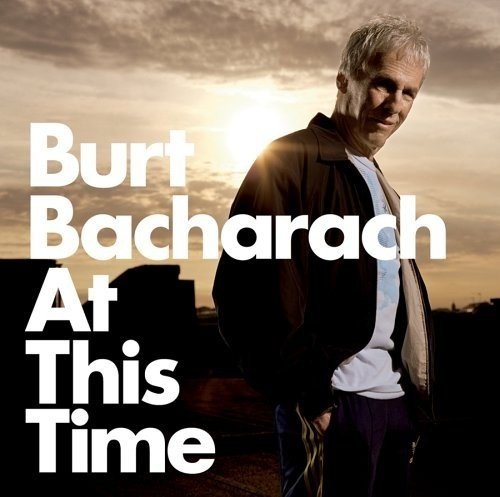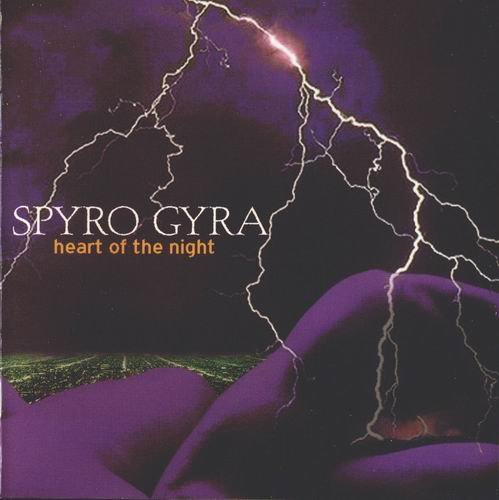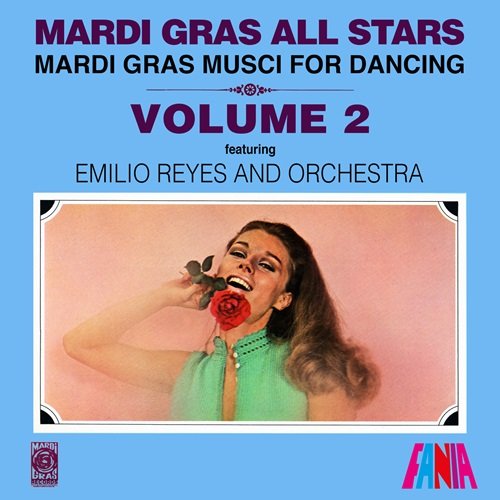Burt Bacharach - At This Time (2005)

Artist: Burt Bacharach
Title: At This Time
Year Of Release: 2005
Label: Columbia
Genre: Pop, Soft Rock
Quality: FLAC (tracks+.cue,log)
Total Time: 53:17
Total Size: 343 Mb
WebSite: Album Preview
Tracklist: Title: At This Time
Year Of Release: 2005
Label: Columbia
Genre: Pop, Soft Rock
Quality: FLAC (tracks+.cue,log)
Total Time: 53:17
Total Size: 343 Mb
WebSite: Album Preview
01. Please Explain (4:23)
02. Where Did It Go? (4:22)
03. In Our Time (4:09)
04. Who Are These People? (4:18)
05. Is Love Enough? (6:09)
06. Can't Give It Up (4:40)
07. Go Ask Shakespeare (5:45)
08. Dreams (4:13)
09. Danger (4:31)
10. Fade Away (3:53)
11. Always Taking Aim (6:54)
The veteran songwriter addresses an unjustified war, a treacherous administration, and society's ingrained potential for violence-- with help from Dr. Dre.
After nearly six decades in the music business, At This Time is the first album Burt Bacharach has written lyrics for, without the guiding collaborative input of, say, Hal David or Elvis Costello. Normally, Bacharach's the go-to guy for melodies and arrangements: Ever since his days in the famed Brill Building-- where pop music was a suit-and-tie profession-- he's been known for composing supple and sophisticated music that elevates familiar sentiments. Over the years he developed a sheen of affectionate kitsch that has nevertheless made him an unironic hero to younger generations. So, with Bacharach writing the songs, theoretically At This Time should be a major statement, especially given its inspiration: Worried over the state of the nation, Bacharach addresses an unjustified war, a treacherous administration, and society's ingrained potential for violence, trying to sound hopeful despite his worst fears.
But real insight is scarce on At This Time, as are lyrics of any kind. To be touted as his first lyrical effort, this is nearly an instrumental album, with full emphasis on lite-jazz orchestration and poignant arrangements. Over largely anonymous loops and beats from Dr. Dre and Prinz Board, Bacharach crafts miniature soundtracks like "Dreams" and "In Our Time", with flourishes of trumpet (courtesy of Chris Botti), bland saxophone, and garishly canned strings. The mood is inquisitive and subdued, but there's no variation across these 11 tracks. A little righteous anger might have added a little spark more than a few of these songs. "Who Are These People?" brings in dramatic horns, pounding tympani, and a howling Elvis Costello, but the result is closer to show tune than protest song.
Bacharach's arrangements dominate At This Time so heavily that when the vocals come in, you listen all the more closely-- which is not such a great idea. Bacharach's lyrics rely on flimsy bromides and rhetorical questions, which range from startlingly direct ("Who Are These People?") to head-scratchingly vague: "The sun and the moon are crying/ The stars and our hearts, crying," Bacharach sings on "Please Explain", which really does demand some sort of explanation. Bacharach seems a little flummoxed by his subject matter. He's angry at the state of the world, but only in the most general terms, which means that At This Time could be adopted by liberals angry at Bush or conservatives angry at wartime dissenters. I'll give Bacharach the benefit of the doubt, though: his overgenerality never feels commercially calculated to move more units to a broader audience.
After nearly six decades in the music business, At This Time is the first album Burt Bacharach has written lyrics for, without the guiding collaborative input of, say, Hal David or Elvis Costello. Normally, Bacharach's the go-to guy for melodies and arrangements: Ever since his days in the famed Brill Building-- where pop music was a suit-and-tie profession-- he's been known for composing supple and sophisticated music that elevates familiar sentiments. Over the years he developed a sheen of affectionate kitsch that has nevertheless made him an unironic hero to younger generations. So, with Bacharach writing the songs, theoretically At This Time should be a major statement, especially given its inspiration: Worried over the state of the nation, Bacharach addresses an unjustified war, a treacherous administration, and society's ingrained potential for violence, trying to sound hopeful despite his worst fears.
But real insight is scarce on At This Time, as are lyrics of any kind. To be touted as his first lyrical effort, this is nearly an instrumental album, with full emphasis on lite-jazz orchestration and poignant arrangements. Over largely anonymous loops and beats from Dr. Dre and Prinz Board, Bacharach crafts miniature soundtracks like "Dreams" and "In Our Time", with flourishes of trumpet (courtesy of Chris Botti), bland saxophone, and garishly canned strings. The mood is inquisitive and subdued, but there's no variation across these 11 tracks. A little righteous anger might have added a little spark more than a few of these songs. "Who Are These People?" brings in dramatic horns, pounding tympani, and a howling Elvis Costello, but the result is closer to show tune than protest song.
Bacharach's arrangements dominate At This Time so heavily that when the vocals come in, you listen all the more closely-- which is not such a great idea. Bacharach's lyrics rely on flimsy bromides and rhetorical questions, which range from startlingly direct ("Who Are These People?") to head-scratchingly vague: "The sun and the moon are crying/ The stars and our hearts, crying," Bacharach sings on "Please Explain", which really does demand some sort of explanation. Bacharach seems a little flummoxed by his subject matter. He's angry at the state of the world, but only in the most general terms, which means that At This Time could be adopted by liberals angry at Bush or conservatives angry at wartime dissenters. I'll give Bacharach the benefit of the doubt, though: his overgenerality never feels commercially calculated to move more units to a broader audience.



![Lionel Hampton - Apollo Hall Concert 1954 (Remastered) (2023) [Hi-Res] Lionel Hampton - Apollo Hall Concert 1954 (Remastered) (2023) [Hi-Res]](https://www.dibpic.com/uploads/posts/2025-12/1766995341_lhac500.jpg)




